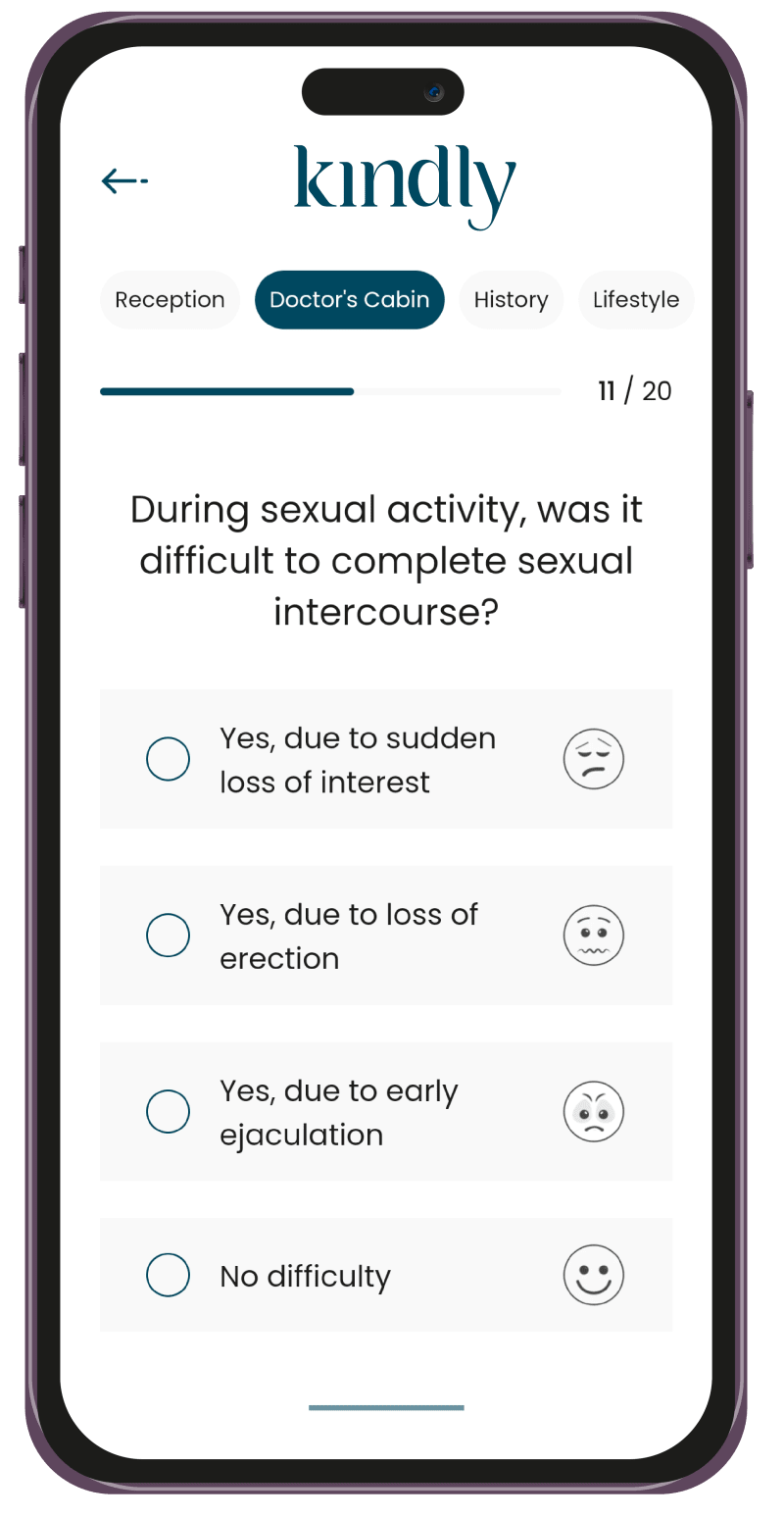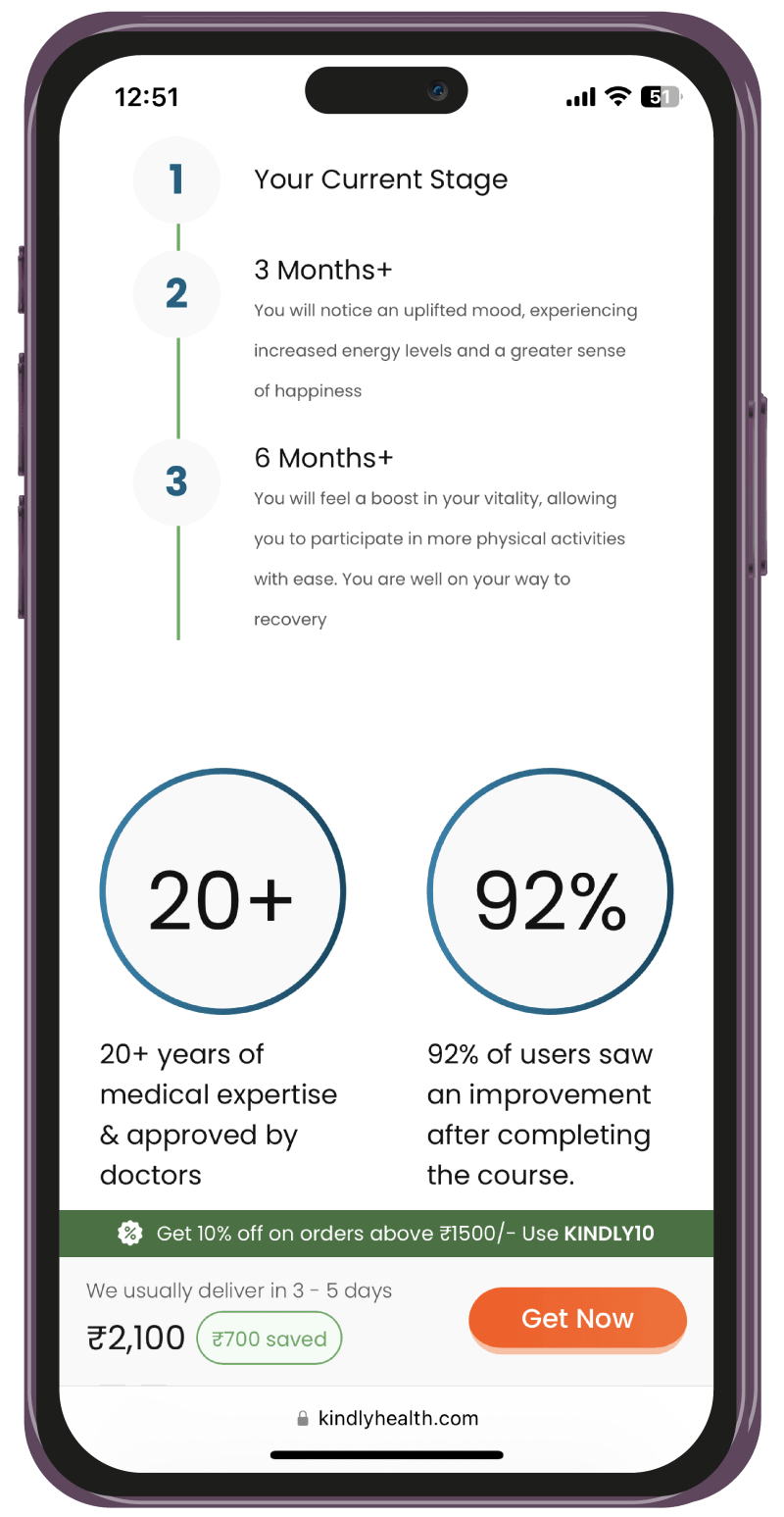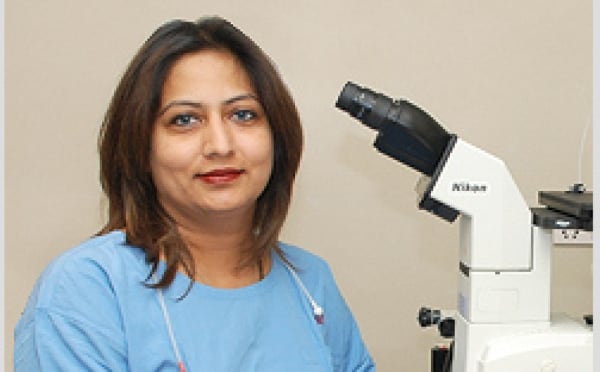TRUSTED & LOVED BY 11,00,000+ PEOPLE
Explore the simple yet powerful science that drives our commitment to your peak performance and wellness
Real Stories, Real Results
Our happy customers share their journey & success to better sexual health using our products.
Categories
Elevate your performance health with our natural products.
Take AssessmentGet rid of fertility problems with expert-curated products.
Take AssessmentTrack Your Sexual Wellness Journey With AI in 3 Steps
Know your sexual health better & get expert-curated solutions.
What Causes Sexual Health Problems?
Low testosterone levels lead to reduced desire, ED & other sexual problems.
Work stress, family issues & performance anxiety affect overall sexual function.
Smoking, excessive drinking, lack of exercise & poor diet deteriorates sexual health.
Problems with your partner lead to performance problems.
Shop Our Bestsellers
Hear From Our Happy Customers
Know our customers' experiences who have trusted us to enhance their sexual well-being.
Meet the Advisors
Let our team of leading experts be your trusted partners in achieving sexual wellness.
Discover the goodness in every capsule. We break down the natural ingredients that work harmoniously for your well-being
Unfold the KindlySutra
Dive into our safe space to educate, empower & evolve yourself about sexual health.
Have Questions? Get Answers
Why should I trust your products and services?
Our products and services are of high quality, and rise above the industry standards. We use the best materials and techniques to ensure that our products are reliable and effective without any side effects.
We value our customers and strive to meet their needs and expectations. We offer excellent customer service to ensure that our customers are satisfied with their purchases.
What is the position of Kindly Health in the industry?
How do you maintain confidentiality?
How secure my data is with Kindly Health?
Is it normal to face problems with your sexual health?
Can vegan medicines be effective?









